Let’s face it — processed foods are everywhere. From your favorite snack aisle to your go-to breakfast options, it’s tough to avoid them completely.
But not all processed foods are villains in disguise. While some are loaded with added sugars, sodium, and preservatives that do more harm than good, others can actually enhance your diet with valuable nutrients and convenience. In this article, we’re breaking down the best and worst of the bunch.
You’ll discover 12 processed foods that are doing your health no favors, and 11 surprisingly wholesome ones that deserve a spot in your pantry.
Think of this as your no-BS guide to navigating the modern food jungle — minus the guilt, and plus a little common sense (and flavor).
Sugary Cereals
Starting your day with a burst of sugar might seem like a treat, but sugary cereals often mask themselves as a nutritious choice. These cereals are colorful and fun, but they’re loaded with sugar, sometimes as much as a candy bar. The next time you reach for a box, take a peek at the ingredients.
You’ll likely find a long list of unpronounceable chemicals and artificial flavors. A breakfast that seems so harmless can lead to a sugar crash before lunch. Those vibrant colors?
They’re often made with synthetic dyes. While they might bring smiles to kids’ faces, they could be a reason behind the afternoon energy slump. It’s wiser to opt for whole grain options that are lower in sugar and higher in fiber. Your morning energy levels will thank you for it.
Instant Noodles
A quick meal fix, instant noodles may satisfy hunger pangs temporarily, but their nutritional value falls short. Packed with sodium and preservatives, they lack the essential nutrients needed for a balanced diet. The convenience of these noodles comes at a cost to your health.
Often, they’re fried before packaging, adding unnecessary fats to your diet. The flavor packets included are usually high in MSG and artificial additives. A diet heavy in instant noodles can lead to high blood pressure and other health concerns.
For a healthier alternative, consider making your own noodle soup with fresh ingredients. It’s just as comforting, and you’ll have control over what goes into your bowl. This shift will not only tantalize your taste buds but also nourish your body.
Processed Meats
Bacon, sausages, and deli meats, oh my! While tasty, processed meats are often high in sodium and saturated fats. You might find them delicious, especially in a sandwich or as a breakfast side, but they come with health warnings.
Studies have linked regular consumption of processed meats to an increased risk of heart disease and certain cancers. The preservatives used, such as nitrates, can be particularly harmful. The meats are usually cured, smoked, or otherwise preserved in ways that introduce unhealthy substances.
Opting for fresh, lean meats or plant-based alternatives can be a better choice. It doesn’t mean you have to forego flavor; there are plenty of seasonings and cooking methods that can enhance your dishes without the downsides. Your heart will thank you!
Frozen Dinners
Convenience often leads us to the frozen dinner aisle, but these meals can be deceptive. Often high in sodium, preservatives, and unhealthy fats, they’re a quick fix that can compromise long-term health. The bright packaging might promise gourmet flavors, but the reality is usually quite different.
The portion sizes in these meals are often smaller than what you might prepare fresh, leaving you hungry soon after. Many frozen dinners lack the fresh vegetables and whole grains that are crucial for a balanced diet.
Consider preparing meals in bulk and freezing them yourself. It takes a little more effort, but you’ll have control over the ingredients and can ensure you’re getting a nutritious meal. Plus, it’s often cheaper in the long run.
Soda
Bubbling with sweetness, soda is a staple for many, but its health impact is far from refreshing. Laden with sugar and calories, it offers no nutritional benefit and can lead to weight gain and dental issues. The fizz might be alluring, but the effects are less so.
Diet sodas, while sugar-free, aren’t the solution either. They contain artificial sweeteners that may have their own health risks. Regular consumption has been linked to metabolic issues and even increased appetite for sweet foods.
Quenching your thirst with water, herbal tea, or freshly squeezed juice can be a healthier choice. These options hydrate and nourish your body without the added sugars and chemicals. Your teeth and waistline will appreciate the change.
Packaged Snacks
Packaged snacks like chips and crackers are the quintessential quick fix for hunger, but they often come with hidden costs. Typically high in salt, unhealthy fats, and calories, these snacks can derail a healthy diet. The convenience is tempting, but moderation is key.
The ingredients list frequently includes preservatives and artificial flavors that do little for your health. Over time, excessive consumption can contribute to weight gain and other health issues. Reaching for a bag of chips might feel satisfying, but the aftermath isn’t as pleasant.
Instead, try snacking on fresh fruits, vegetables, or nuts. These options provide natural energy and nutrients without the extra calories. Not only will they keep you fuller for longer, but they’ll also support your overall well-being.
Canned Soups
Craving a warm meal with minimal prep? Canned soups might seem like the answer, but they often hide excessive sodium levels and artificial ingredients. They’re practical for a quick lunch, yet the health ramifications deserve attention.
The high salt content can lead to hypertension, and the lack of fresh vegetables limits their nutritional value. Many canned options contain preservatives to extend shelf life, which can also be concerning.
For a healthier approach, consider making soup from scratch. It’s easier than it sounds and allows you to include fresh, wholesome ingredients. You’ll enjoy a meal that’s not only delicious but also beneficial for your health. Homemade soups freeze well too, providing convenience without compromise.
Margarine
Margarine, often touted as a healthier butter substitute, has a buttery flavor that’s hard to resist. However, it can contain trans fats, which are notorious for raising bad cholesterol levels and lowering good ones. This spread can be a heart health hazard.
Trans fats are often used to improve texture and shelf life, but they come with a cost to cardiovascular health. Alternative spreads that are free from trans fats and made from healthier oils can be a smarter choice.
It’s worth exploring options like olive oil or avocado spreads that provide beneficial nutrients. These alternatives not only taste great but can also support a healthy heart. Enjoy your toast with peace of mind and a dollop of heart-friendly flavor.
Candy Bars
Indulging in a candy bar can be a sweet escape, but it is often more of a health trap. Loaded with sugar, calories, and unhealthy fats, they offer a quick energy spike followed by a crash. The temptation is real, but so are the consequences.
Beyond the immediate flavor satisfaction, candy bars lack essential nutrients and can contribute to weight gain and tooth decay. The colorful wrappers and enticing flavors are designed to appeal, but moderation is essential.
For those with a sweet tooth, dark chocolate or fresh fruit can provide a more balanced indulgence. These options satisfy cravings while offering some nutritional benefits. A mindful approach to treating yourself can make a world of difference.
Energy Drinks
In search of a quick energy boost, many turn to energy drinks, but these beverages are often laden with caffeine and sugar. They promise increased alertness, yet the impact can be more harmful than helpful.
The high caffeine content can lead to increased heart rate, anxiety, and insomnia. Sugar levels are also concerning, adding empty calories to your diet. Though the can might offer a temporary surge, the crash that follows can be hard to manage.
Opting for natural energy sources like water, green tea, or a balanced snack can be a better approach. These alternatives boost energy without the negative side effects, helping you maintain focus throughout the day. Your body will appreciate the change in rhythm.
White Bread
Soft, fluffy, and widely loved, white bread has a subtle sweetness that appeals to many. Despite its popularity, it’s often made from refined grains that lack the fiber and nutrients found in whole grain options.
Refining strips away the beneficial parts, leaving you with a product that’s less satisfying and more likely to cause blood sugar spikes. The texture might be comforting, but the nutritional profile isn’t as supportive.
Switching to whole grain or whole wheat bread can provide more fiber, vitamins, and minerals. This simple change can make your sandwiches and toasts more nourishing, supporting your health in the long run. It’s a small shift with a big impact on well-being.
Artificial Sweeteners
In pursuit of sweetness without the calories, artificial sweeteners are often used as substitutes for sugar. While they offer a sugar-free option, their health effects are still debated. These sweeteners can be found in many “diet” products, including drinks and snacks.
Some studies suggest they might interfere with metabolism and appetite regulation, leading to increased cravings for sweet foods. The promise of guilt-free sweetness can be misleading, as it may not be as harmless as it seems.
Exploring natural sweeteners like honey or maple syrup can offer flavor without the potential downsides. These alternatives provide some nutrients and can enhance your beverages and foods in a more wholesome way. Choosing wisely can add sweetness to your life, naturally.
Now that we’ve gone through all the bad stuff, let’s focus on the positives. What follows are some of the processed foods that are actually good for your body.
Greek Yogurt
Creamy and thick, Greek yogurt is a delightful treat that’s also nutritionally beneficial. Packed with protein and probiotics, it supports digestive health and helps build muscle. Unlike its sugary counterparts, Greek yogurt offers a balanced blend of flavor and nutrition.
It’s a versatile addition to both sweet and savory dishes. You can enjoy it with fruits and honey for breakfast or use it as a base for creamy dressings and sauces. The high protein content keeps you full longer, making it a satisfying snack.
Opting for plain varieties and adding your own natural sweeteners can keep added sugars at bay. This wholesome choice is not only delicious but contributes positively to your health. Your gut and taste buds will both be happy!
Quinoa
Often dubbed a superfood, quinoa is a versatile grain that’s rich in protein and fiber. Its nutty flavor and fluffy texture make it a popular choice for health-conscious eaters. Unlike other grains, quinoa is a complete protein, containing all nine essential amino acids.
Incorporating quinoa into your meals can support muscle growth and provide long-lasting energy. It’s a fantastic base for salads, stir-fries, or as a side dish. Cooking it is simple, and it pairs well with an array of flavors.
Whether you’re looking to diversify your diet or enhance your nutrient intake, quinoa is an excellent option. With every bite, you’re fueling your body with essential nutrients and enjoying a delicious meal. It’s a small seed with significant benefits.
Avocado
The smooth, buttery texture of avocado makes it a beloved ingredient worldwide. Rich in healthy fats, vitamins, and minerals, it’s a superb choice for those seeking to nourish their bodies. Whether mashed on toast or blended into a smoothie, avocado adds a creamy touch to any dish.
Its heart-healthy monounsaturated fats support cardiovascular health, while the fiber content aids in digestion. Avocados are also a great source of potassium, which helps maintain balanced blood pressure.
Adding this vibrant fruit to your diet can elevate both flavor and nutrition. From guacamole to salads, the possibilities are endless. Your body will appreciate the nutrient boost, and your taste buds will relish the delicious versatility.
Almonds
Crunchy and satisfying, almonds are a powerhouse of nutrients packed into a small package. They’re rich in healthy fats, protein, and antioxidants, making them a fantastic snack for those on the go. Just a handful can keep hunger at bay and provide sustained energy.
Almonds have been linked to heart health, as they help lower bad cholesterol levels. Their high fiber content supports digestive health, while vitamin E acts as a powerful antioxidant protecting cells from damage.
Whether eaten raw, roasted, or blended into almond butter, they offer a nutritious and versatile option for meals and snacks. Incorporating almonds into your diet is a tasty way to boost health and satisfy cravings. They truly are nature’s perfect snack!
Blueberries
Sweet and juicy, blueberries are often hailed as a superfood for their impressive health benefits. Bursting with antioxidants, they help combat oxidative stress and support brain health. These little berries are not only delicious but incredibly nutritious.
Rich in vitamins C and K, blueberries contribute to a strong immune system and healthy bones. Their natural sweetness makes them a delightful addition to yogurts, smoothies, and desserts. Eating them regularly can enhance cardiovascular health and improve memory.
Adding blueberries to your diet is an easy and tasty way to support overall wellness. Whether fresh or frozen, they retain their nutritional potency and deliver a burst of flavor. Your body and mind will thank you for the boost.
Salmon
Flaky, tender, and full of flavor, salmon is a nutritional powerhouse rich in omega-3 fatty acids. These healthy fats support heart health and reduce inflammation, making salmon a top choice for a balanced diet. Its succulent taste and texture make it a favorite for many.
In addition to omega-3s, salmon provides high-quality protein and essential vitamins like B12 and D. These nutrients support brain function and promote healthy skin. Whether grilled, baked, or smoked, salmon can be prepared in various ways to suit any palate.
Incorporating salmon into your meals is an enjoyable way to enhance your nutrition and indulge in a culinary delight. It’s a delectable dish that’s as good for your taste buds as it is for your health.
Sweet Potatoes
With a naturally sweet flavor and vibrant orange flesh, sweet potatoes are a delightful addition to any meal. They are packed with vitamins, minerals, and fiber, making them a nutritious choice for those seeking a balanced diet.
Rich in beta-carotene, sweet potatoes support eye health and boost the immune system. They’re versatile too, fitting into dishes from savory casseroles to sweet desserts. Their natural sweetness and creamy texture make them a hit with both kids and adults.
Baking or roasting them brings out their natural flavors, allowing you to enjoy them in the simplest form. Including sweet potatoes in your diet can elevate your nutrition while satisfying your cravings. They’re a sweet deal for your health!
Chickpeas
Earthy and nutty, chickpeas are a staple in many cuisines, loved for their versatility and nutritional value. These legumes are rich in protein and fiber, supporting digestion and muscle growth. From hummus to salads, they can be used in an array of delicious dishes.
Chickpeas also provide essential vitamins and minerals, including iron and folate. Their low glycemic index makes them an excellent choice for maintaining stable blood sugar levels. Whether you enjoy them roasted as a snack or blended into creamy dips, chickpeas offer both flavor and nutrition.
Incorporating chickpeas into your diet is a simple way to boost your nutrient intake while enjoying diverse culinary experiences. They’re a humble ingredient with mighty benefits.
Spinach
Leafy and vibrant, spinach is a go-to green for those seeking a nutrient-dense food. Packed with iron, calcium, and vitamins A and C, it supports bone health and boosts the immune system. Its mild flavor and tender texture make it a versatile addition to many dishes.
Whether enjoyed raw in salads or cooked into soups and stews, spinach offers a wealth of nutrition. It’s low in calories but high in fiber, making it a perfect choice for weight management. The leafy green has been celebrated for its health benefits for centuries.
Incorporating spinach into your meals is an easy way to enhance your diet and enjoy delicious flavors. It’s a simple addition with profound health benefits, perfect for any meal.
Brown Rice
Nutty and wholesome, brown rice is a whole grain that offers a wealth of nutritional benefits. Unlike its white counterpart, it retains the bran and germ, providing more fiber and vitamins. This makes it a heart-healthy choice that supports digestion and weight management.
Cooking brown rice is straightforward, and it pairs well with a variety of dishes. Whether as a side or a main ingredient, it adds texture and flavor without overpowering your meal. The slow-release carbohydrates provide sustained energy throughout the day.
Switching to brown rice is a simple way to improve your diet and enjoy meals that are both satisfying and nutritious. It’s a small change with a big impact on your health and well-being.
Lentils
Hearty and nourishing, lentils are a splendid source of plant-based protein and fiber. Known for their ability to sustain energy and promote digestive health, they’re a staple in vegetarian and vegan diets. Their earthy flavor adds depth to soups, stews, and salads.
Lentils are also rich in iron, folate, and antioxidants, supporting blood health and immune function. They cook quickly compared to other legumes, making them a convenient and nutritious option for busy days.
Including lentils in your diet is a flavorful way to boost nutrition and enjoy diverse culinary traditions. Their versatility and health benefits make them a valuable addition to any meal. They’re truly a small but mighty ingredient.
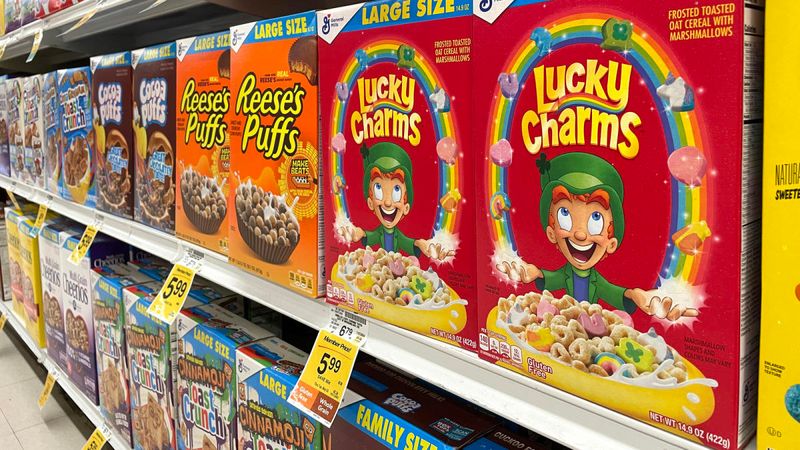
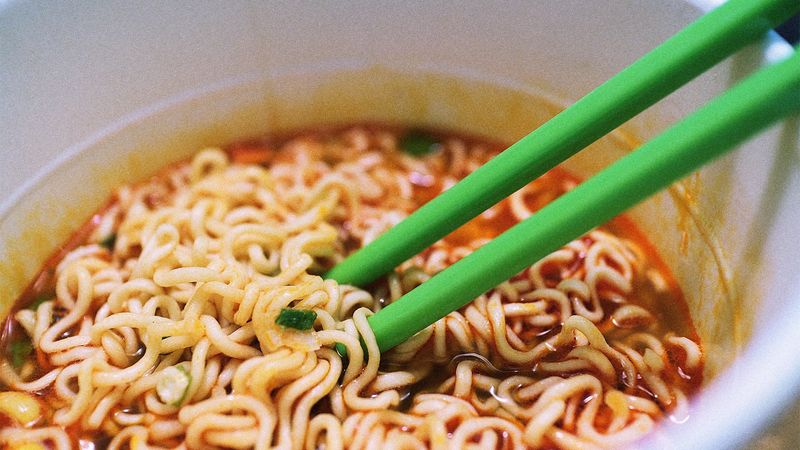







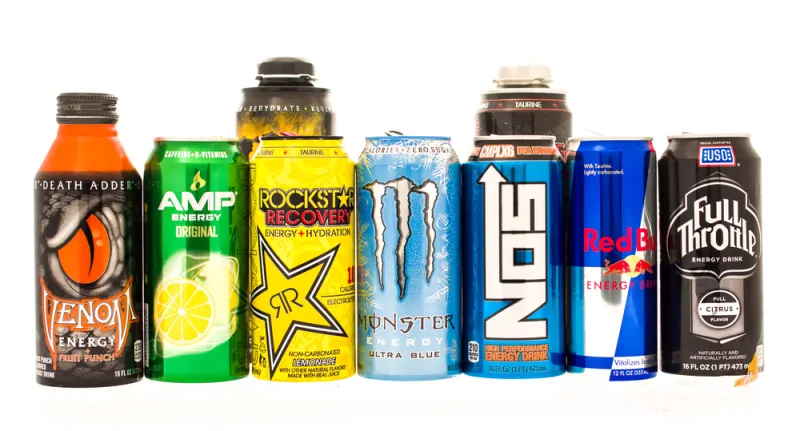

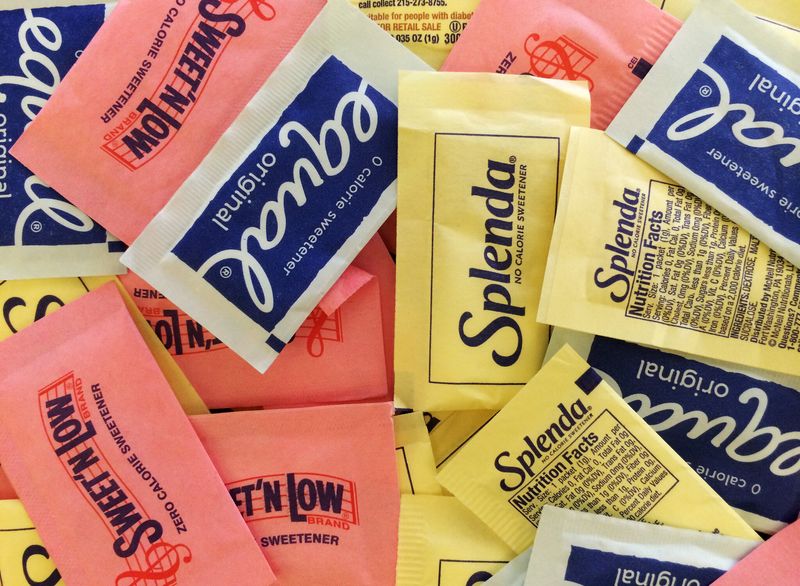

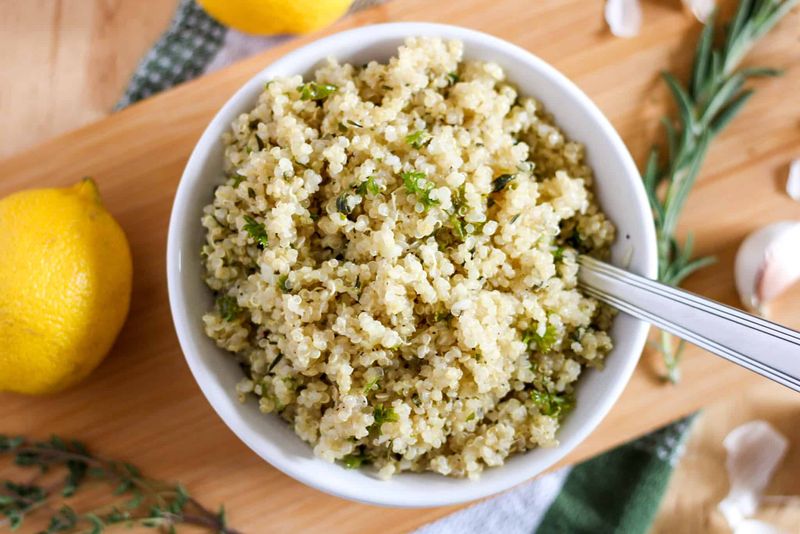
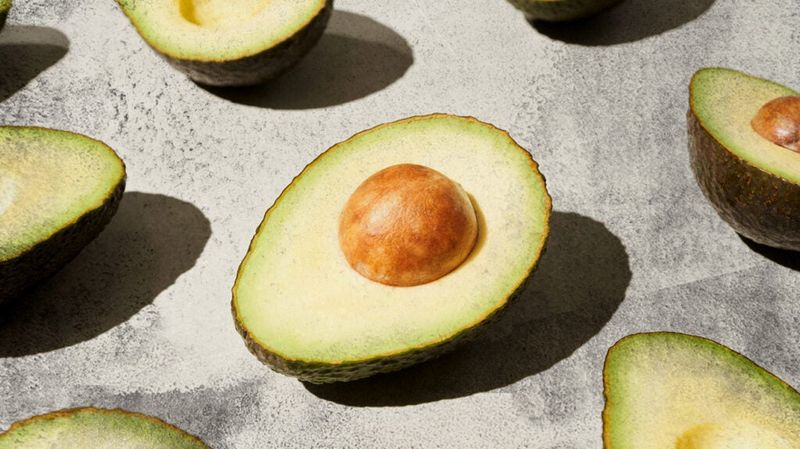
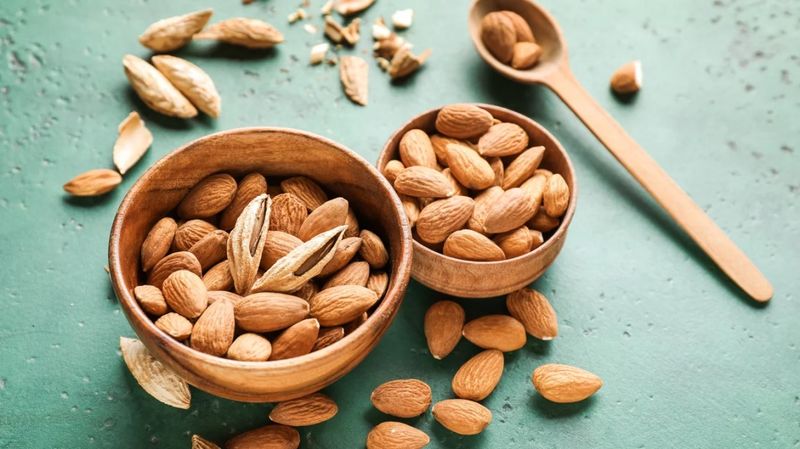
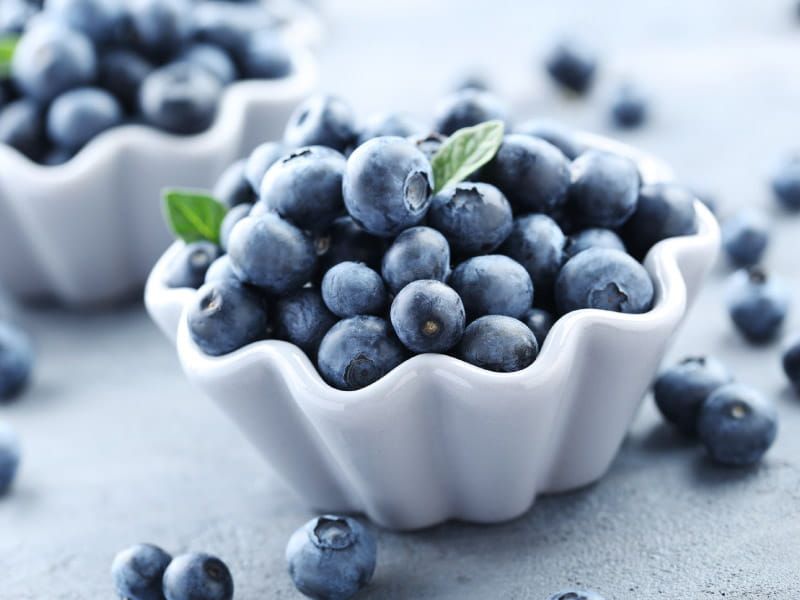

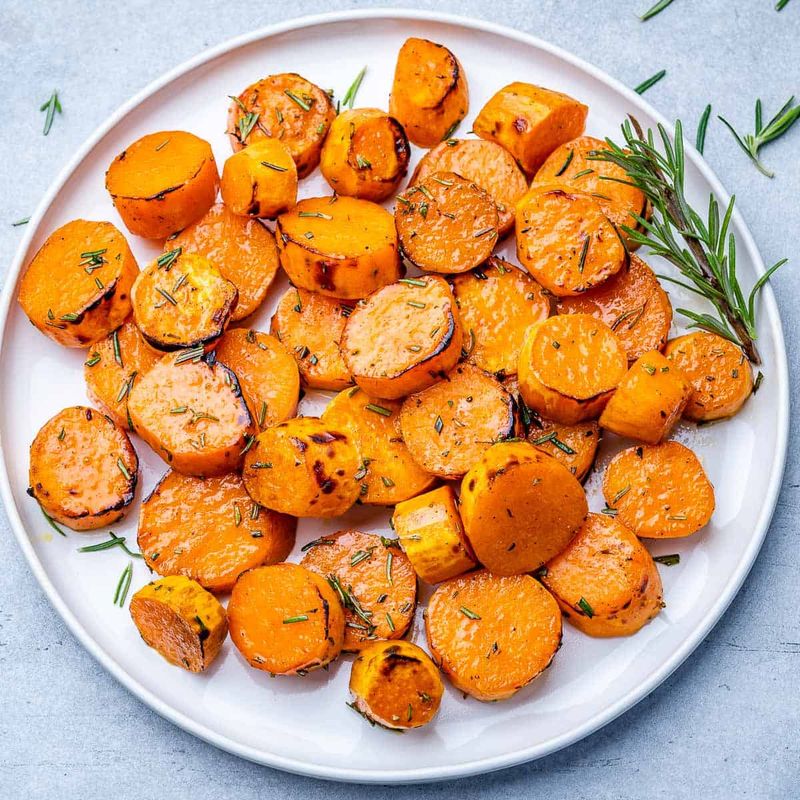
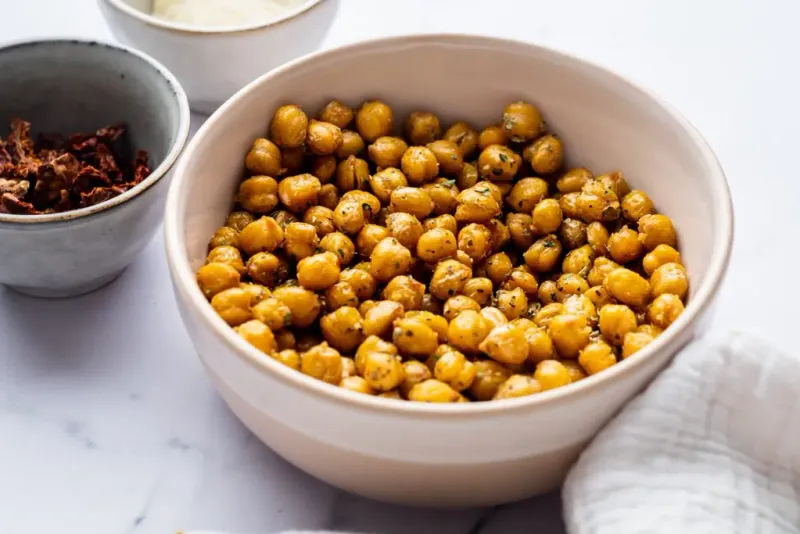
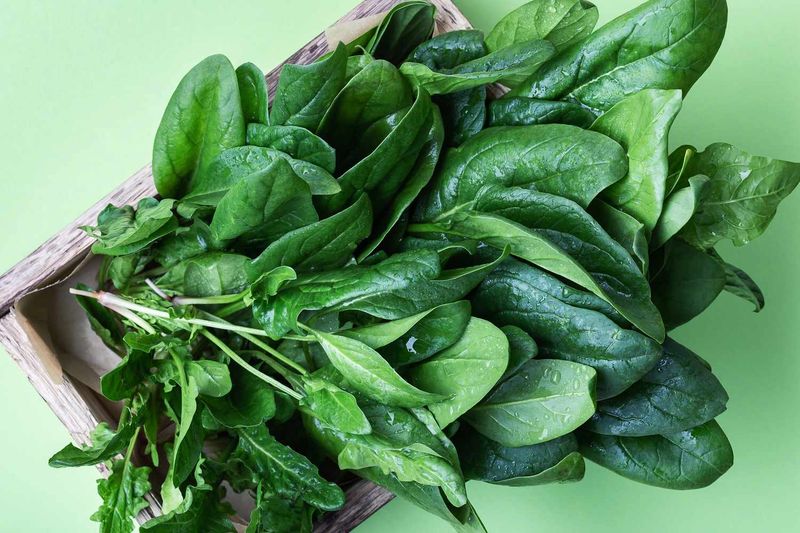
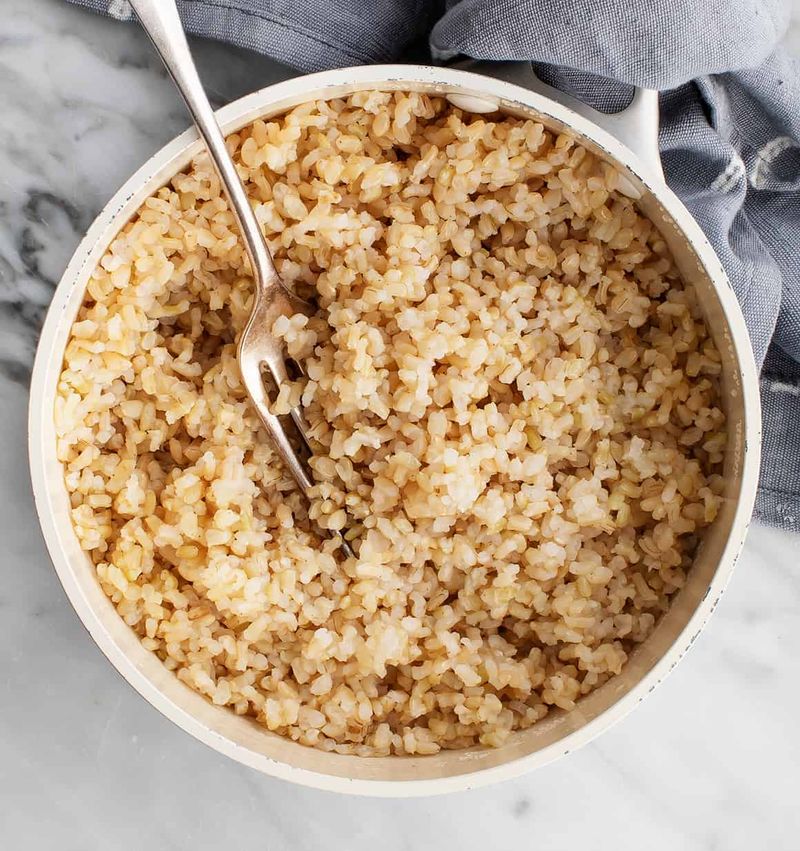
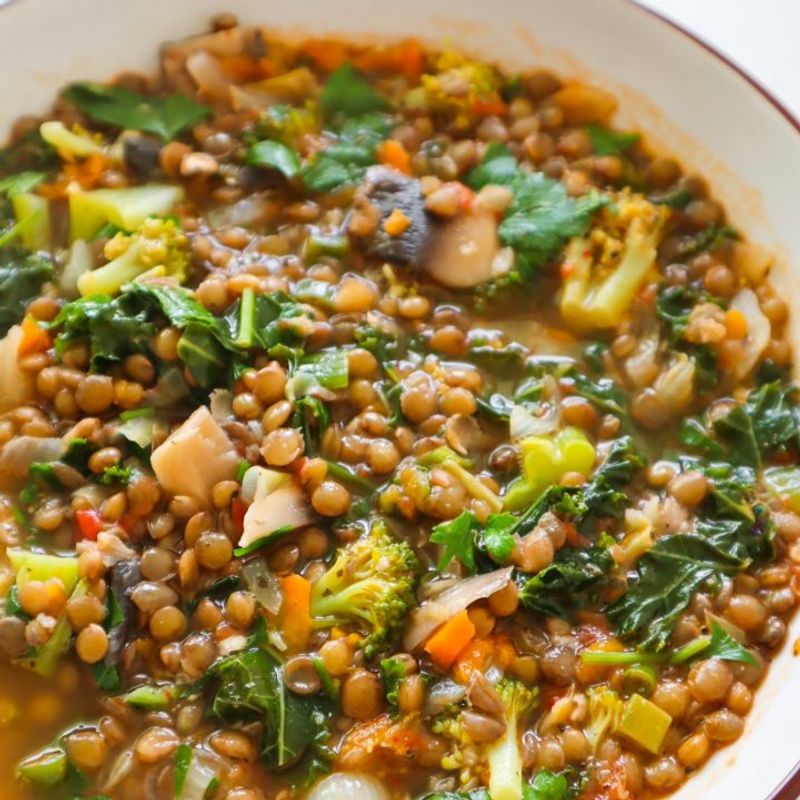
Leave a comment